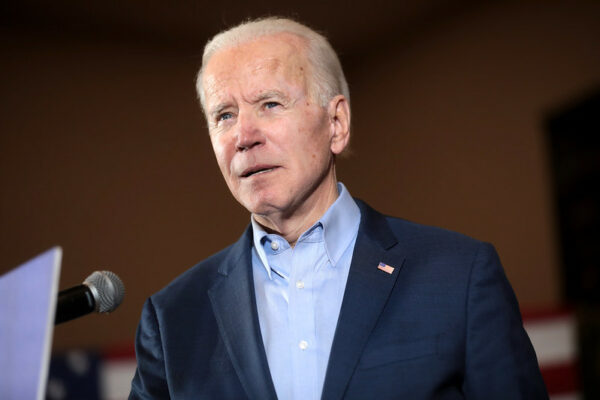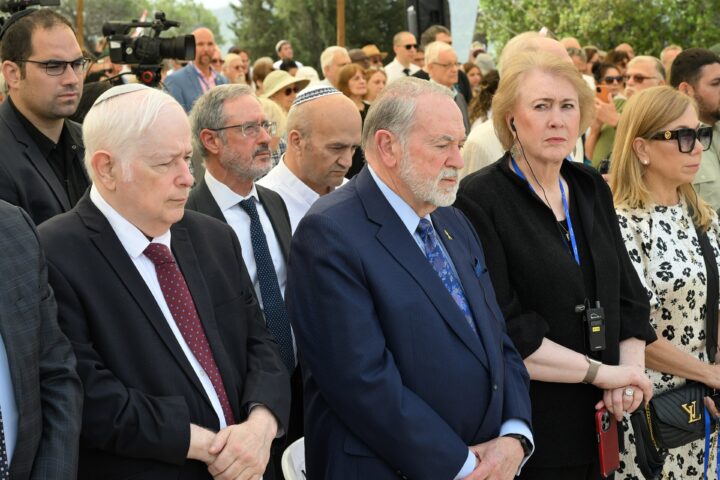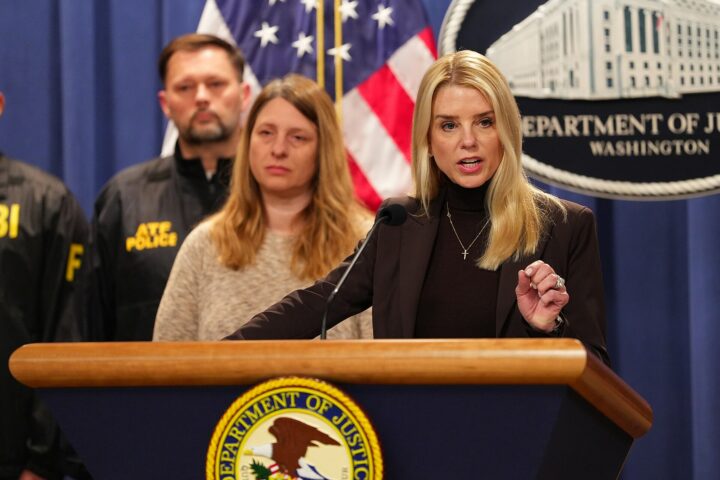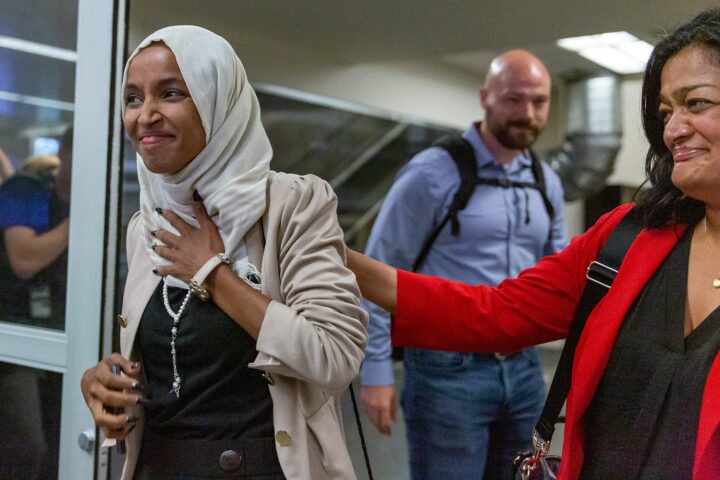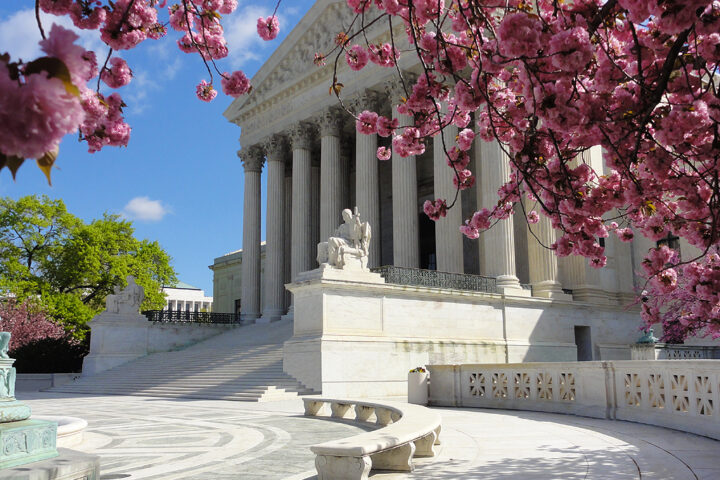Dr. Kevin O’Connor, a former White House physician to former President Biden, has reportedly declined to sit for a deposition before the House Oversight Committee this week, citing concerns over the protection of privileged medical information.
In a letter submitted to Representative James Comer, the Republican committee chairman, O’Connor’s attorney requested a delay until late July or August, stating that “accommodations” must be made to preserve the doctor-patient confidentiality between O’Connor and his former patient, President Biden.
The letter emphasized the professional and legal risks O’Connor could face, including potential loss of his medical license, if compelled to disclose private medical details.
Mr. Comer, however, dismissed the request as a deliberate obstruction. The Oversight Committee affirmed that its rules permit witnesses to assert privilege on a question-by-question basis and argued that confidentiality claims cannot entirely delay compliance with a congressional subpoena.
The committee noted that legal protections for physician-patient privacy under medical ethics do not override congressional authority.
The standoff underscores a broader clash over the scope of the GOP investigation into former President Biden’s age, cognitive fitness, and the legitimacy of decisions made in his administration.
President Trump and his allies have alleged that aides used an autopen—a device for routinely affixing the president’s signature—to bypass mentally taxing work.
The controversy first emerged last year, when Oversight Republicans sought O’Connor’s testimony. The White House initially blocked the request, prompting Comer to issue a formal subpoena in June.
Since then, the committee has pursued testimony from several Biden aides and waived executive privilege for ten former staffers, including officials close to the president and first lady.
Former president Biden has repeatedly dismissed claims of cognitive decline as “ridiculous and false,” maintaining that he personally authorized all executive actions—including pardons, legislation, and official proclamations.
O’Connor’s refusal adds another layer of complexity to the unfolding inquiry, which balancing congressional oversight with the boundaries of medical confidentiality.
Some legal experts argue that requiring a physician to detail private consultations in a public forum could set precarious precedents for patient privacy.
As the committee continues to secure testimony from former senior staff, any additional delays could influence the investigation’s timeline and its political ramifications. For now, O’Connor remains on pause, wary of the professional risks that may follow.
[READ MORE: Trump Eyes Two Candidates For Fed Chair as Pressure Mounts to Cut Rates]

